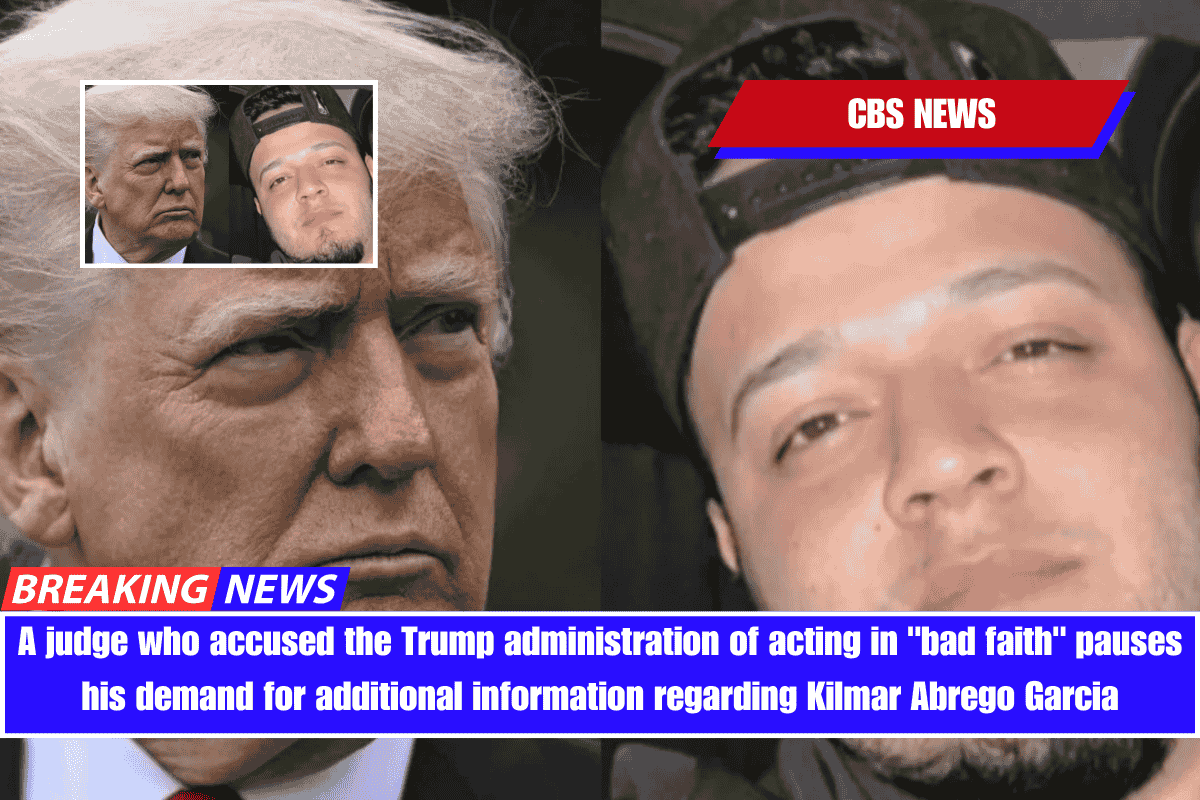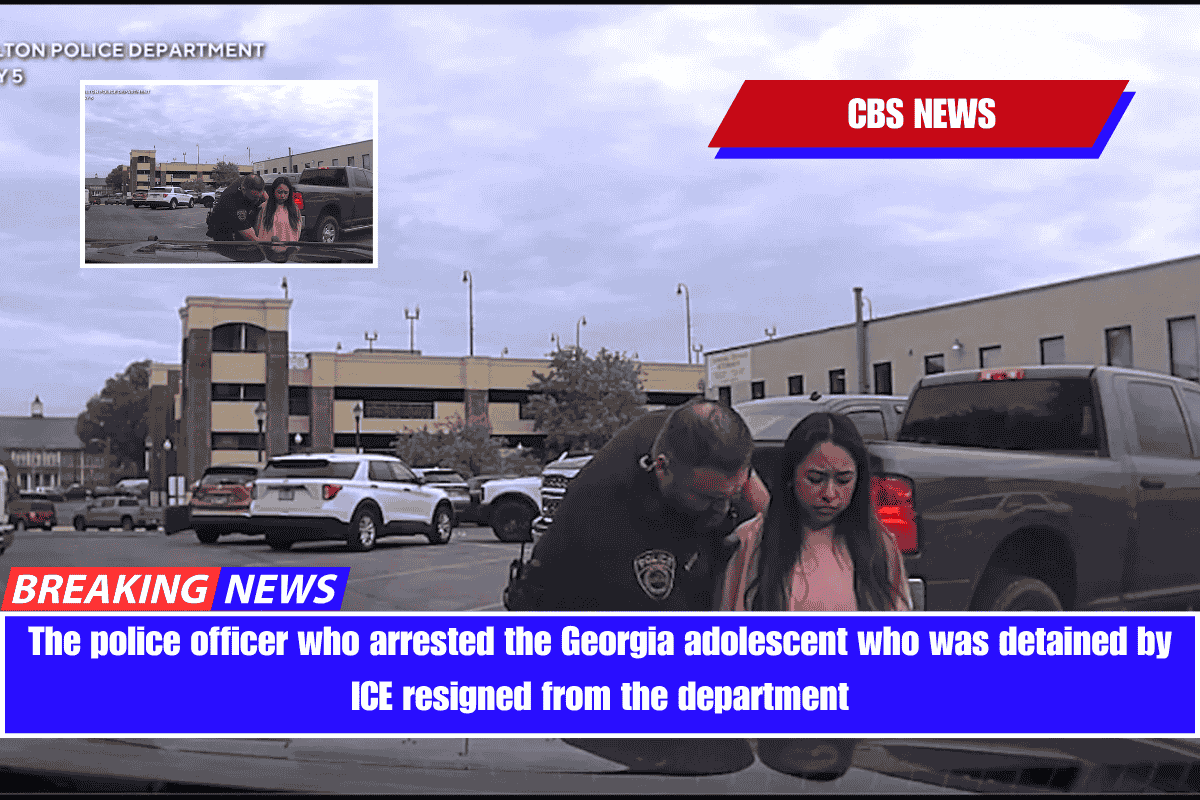A federal judge on Wednesday temporarily halted her order requiring the Trump administration to provide information on its efforts to retrieve Kilmar Abrego Garcia, who was mistakenly deported to El Salvador last month, just one day after accusing the administration of “bad faith” in the case.
Earlier Wednesday, the Department of Justice requested that Maryland-based U.S. District Judge Paula Xinis stay her order to provide testimony and documents on Abrego Garcia for seven days, and Abrego Garcia’s lawyers responded. Hours later, Xinis granted a stay of the discovery process until April 30 at 5 p.m. on “the agreement of the parties.”
The reason for the stay is unclear, as both parties’ filings are sealed. Xinis didn’t explain her reasoning.
Simon Sandoval-Moshenberg, Abrego Garcia’s attorney, said in a statement to CBS News that his team is “not at liberty to speak about the current status of the case at this time,” citing the court documents’ seal. “We remain focused on bringing Kilmar Abrego Garcia home, and we will not rest until he is brought home,” according to him.
CBS News has contacted the Department of Homeland Security and the Justice Department for comment.
Xinis’ decision to postpone discovery for a week came one day after Abrego Garcia’s legal team accused the Trump administration of failing to carry out her order for expedited discovery in the case.
In a scathing order issued Tuesday, Xinis stated that the administration had demonstrated a “willful and bad faith refusal to comply with discovery obligations,” and ordered the government to respond to questions by Wednesday at 6 p.m.
Abrego Garcia, a Salvadoran man who illegally entered the United States in 2011, was detained last month and flown to El Salvador as part of a wave of hundreds of migrants, including alleged gang members, sent by the Trump administration to the country’s notorious Terrorist Confinement Center (CECOT) supermax prison.
In 2019, a judge barred Abrego Garcia’s deportation to El Salvador, citing the risk of gang-related persecution.
The Trump administration acknowledged in court that Abrego Garcia’s deportation was a “administrative error,” but has refused to return him to the United States, accusing him of membership in the MS-13 gang, which his lawyers deny, noting that he has not been charged with a crime.
Abrego Garcia’s case has escalated into a legal showdown. Xinis directed the Trump administration to “facilitate” his return to the United States, which the Supreme Court upheld. However, the administration has argued that it is up to El Salvador to return him. Xinis has claimed that the government has failed to adequately comply with her orders.
The United States has claimed that much of the information is protected because it concerns state secrets, government deliberations, and attorney-client privilege. However, Xinis has rejected the argument, demanding that the Trump administration provide specific justifications for each claim of privileged information by Wednesday evening.
A three-judge panel on the 4th U.S. Circuit Court of Appeals chastised the administration last week, saying its claim that it cannot do anything to free Abrego Garcia “should be shocking.”
That decision came one day after a federal judge in Washington, D.C., found probable cause to hold the Trump administration in criminal contempt in a separate case for violating his orders to turn back planes carrying deportees to El Salvador.


















Leave a Reply